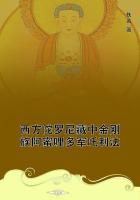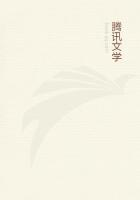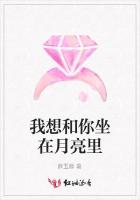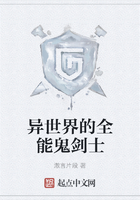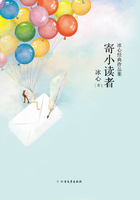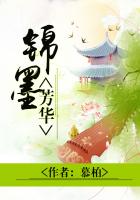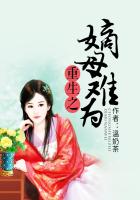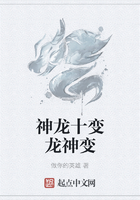PSYCHOLOGY OF A DAUGHTER OF ROUSSEAU
In the whole of French literary history, there is, perhaps, no subject of such inexhaustible and modern interest as that of George Sand.
Of what use is literary history? It is not only a kind of museum, in which a few masterpieces are preserved for the pleasure of beholders.
It is this certainly, but it is still more than this. Fine books are, before anything else, living works. They not only have lived, but they continue to live. They live within us, underneath those ideas which form our conscience and those sentiments which inspire our actions.
There is nothing of greater importance for any society than to make an inventory of the ideas and the sentiments which are composing its moral atmosphere every instant that it exists. For every individual this work is the very condition of his dignity. The question is, should we have these ideas and these sentiments, if, in the times before us, there had not been some exceptional individuals who seized them, as it were, in the air and made them viable and durable?
These exceptional individuals were capable of thinking more vigorously, of feeling more deeply, and of expressing themselves more forcibly than we are. They bequeathed these ideas and sentiments to us.
Literary history is, then, above and beyond all things, the perpetual examination of the conscience of humanity.
There is no need for me to repeat what every one knows, the fact that our epoch is extremely complex, agitated and disturbed.
In the midst of this labyrinth in which we are feeling our way with such difficulty, who does not look back regretfully to the days when life was more ******, when it was possible to walk towards a goal, mysterious and unknown though it might be, by straight paths and royal routes?
George Sand wrote for nearly half a century. For fifty times three hundred and sixty-five days, she never let a day pass by without covering more pages than other writers in a month. Her first books shocked people, her early opinions were greeted with storms.
From that time forth she rushed head-long into everything new, she welcomed every chimera and passed it on to us with more force and passion in it. Vibrating with every breath, electrified by every storm, she looked up at every cloud behind which she fancied she saw a star shining. The work of another novelist has been called a repertory of human documents. But what a repertory of ideas her work was!
She has said what she had to say on nearly every subject; on love, the family, social institutions and on the various forms of government.
And with all this she was a woman. Her case is almost unique in the history of letters. It is intensely interesting to study the influence of this woman of genius on the evolution of modern thought.
I shall endeavour to approach my subject conscientiously and with all due respect. I shall study biography where it is indispensable for the complete understanding of works. I shall give a sketch of the original individuals I meet on my path, portraying these only at their point of contact with the life of our authoress, and it seems to me that a gallery in which we see Sandeau, Sainte-Beuve, Musset, Michel (of Bourges), Liszt, Chopin, Lamennais, Pierre Leroux, Dumas _fils_, Flaubert and many, many others is an incomparable portrait gallery. I shall not attack persons, but I shall discuss ideas and, when necessary, dispute them energetically. We shall, I hope, during our voyage, see many perspectives open out before us.
I have, of course, made use of all the works devoted to George Sand which were of any value for my study, and among others of the two volumes published, under the name of Wladimir Karenine,[1] by a woman belonging to Russian aristocratic society. For the period before 1840, this is the most complete work that has been written.
M. Samuel Rocheblave, a clever University professor and the man who knows more than any one about the life and works of George Sand, has been my guide and has helped me greatly with his wise advice.
Private collections of documents have also been placed at my service most generously. I am therefore able to supply some hitherto unpublished writings. George Sand published, in all, about a hundred volumes of novels and stories, four volumes of autobiography, and six of correspondence. In spite of all this we are still asked for fresh documents.
[1] WLADIMIR KARENINE: _George Sand, Sa vie et ses aeuvres._2 Vols. Ollendorf.
It is interesting, as a preliminary study, to note the natural gifts, and the first impressions of Aurore Dupin as a child and young girl, and to see how these predetermined the woman and the writer known to us as George Sand.
Lucile-Amandine-Aurore Dupin, legitimate daughter of Maurice Dupin and of Sophie-Victoire Delaborde, was born in Paris, at 15 Rue Meslay, in the neighbourhood of the Temple, on the 1st of July, 1804. I would call attention at once to the special phenomenon which explains the problem of her destiny: I mean by this her heredity, or rather the radical and violent contrast of her maternal and paternal heredity.
By her father she was an aristocrat and related to the reigning houses.
Her ancestor was the King of Poland, Augustus II, the lover of the beautiful Countess Aurora von Koenigsmarck. George Sand's grandfather was Maurice de Saxe. He may have been an adventurer and a _condottiere_, but France owes to him Fontenoy, that brilliant page of her history.
All this takes us back to the eighteenth century with its brilliant, gallant, frivolous, artistic and profligate episodes. Maurice de Saxe adored the theatre, either for itself or for the sake of the women connected with it. On his campaign, he took with him a theatrical company which gave a representation the evening before a battle.

